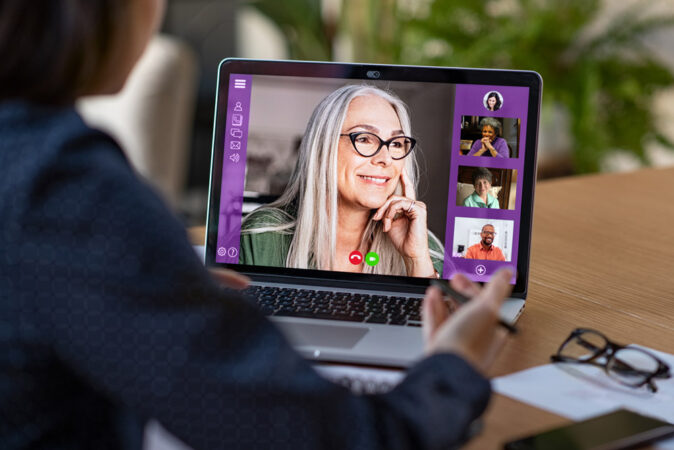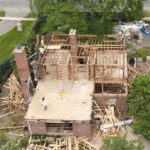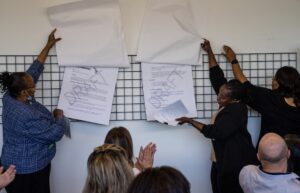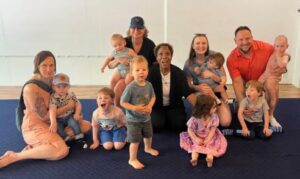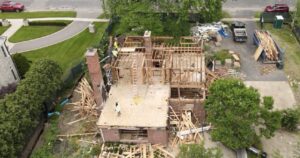It’s a whole new world for individuals with Alzheimer’s and Dementia. Arrows directing us at grocery stores, and mandates for mask-wearing and sheltering in place are all new and challenging life changes. As most who are diagnosed with forms of Dementia are older adults, there is a high risk of getting COVID-19. This means that for some, this new world is also one of heightened separation and loneliness.
Due to this, the Alzheimer’s Association, a nationwide non-profit, worked hard to obtain solutions to support both those with Alzheimer’s and other forms of Dementia, as well as those who care for them.
Before the pandemic, the Association offered many in-person programs. The Community Connect Program Coordinator at the Association, Kayla Jakel, helped to transfer the early-stage support groups, social clubs, and partnership events to an online platform. Jakel sympathizes with everyone she has seen during these virtual events this year, “It’s a difficult time,” she says, “but we are offering what we can to help the situation.”
For the most part, going virtual has been a huge success. “It has worked out really well,” says Jakel. Previous to the pandemic, the Early Stage social club, meant for those diagnosed with early-stage Dementia, met twice a month. As the virus began to rear its ugly head, however, the participants expressed their enjoyment in connecting with friends and having something to do. Now, the club meets weekly to help satisfy the participant’s social desires.
Each virtual program is offered for different reasons. Some, like the social club, are meant for socialization and having fun.

PHOTO OF VIRTUAL CONNECTION, ALZHEIMER’S ASSOCIATION
Games are often played and a lot of discussions take place. Another positive of this program is the time it gives caregivers, or individuals caring for their loved ones diagnosed with Dementia, a break. Jakel says the Alzheimer’s Association really tries to make sure that caregivers take advantage of that time apart. That separation from their loved ones is incredibly important for them to recuperate and relax.
Other programs are meant specifically for caregivers. During these programs, the caregivers are encouraged to discuss their stressors and difficult times, as well as offer support to each other. The pandemic has affected us each in different ways, but for spouses and family members of individuals with Dementia, time apart is extremely advantageous for mental clarity.
Some caregivers, due to the virtual setting, are unfortunately not able to share during these programs in the same ways they could before the pandemic. Caregivers living with someone diagnosed with Dementia may not have a large enough living space to separate themselves from these tough discussions. There is fear of upsetting their loved ones if these conversations with the other caregivers are overheard. This is an unfortunate situation that the Alzheimer’s Association looks forward to not having when the pandemic ceases.
In the same way, there are negatives to this new virtual set up, there are also amazing positives. The Association has been able to reach more people than before the pandemic with their services. Individuals who couldn’t, or didn’t want to, leave their homes, are now able to participate in discussions and programs.
Other individuals who go to warmer places for the winter are now able to continue seeing their friends while out of state. Jakel
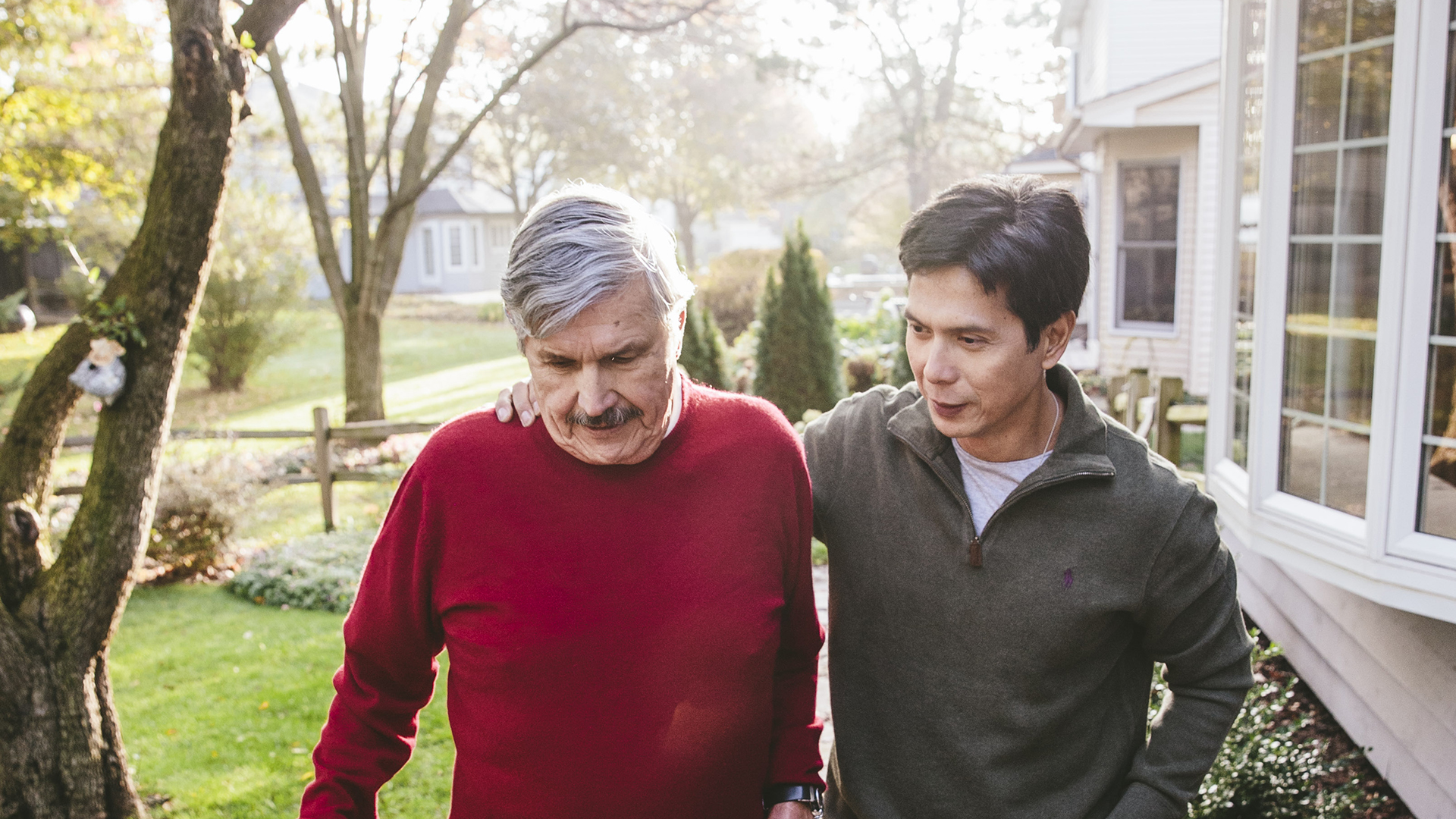
PHOTO OF A CAREGIVER, ALZHEIMER’S ASSOCIATION
comments, saying, “They are still able to see everybody, join the group, and have those moments.” The Association is excited to continue doing virtual programs even post-pandemic to include as many individuals as possible.
For those diagnosed with early-stage dementia that live alone, this year has been even more difficult and lonely. Throughout the year, the Alzheimer’s Association has seen the effects of loneliness from living alone, as well as those living with caregivers, through calls to their 24 hour call center. Though Jakel doesn’t work directly with the call center, she says, “Our helpline has received more calls about sundowning, and even depression, and more people wanting to get help with that.” Through these calls, the helpline is able to offer care consultations, time with social workers, and referrals to see a therapist.
Personal connection, whether in person, through a computer screen, or over the phone, has shown just how important it is in our lives. This year hasn’t been easy, especially for individuals diagnosed with Dementia or their caregivers. Even so, the Association’s attentiveness to individuals and their needs through this time has not gone unnoticed. One caregiver sent in an anonymous message, saying “I can’t say it enough times. I am so, so thankful for this organization, and so appreciative the activities have continued virtually during this bizarre year.”


